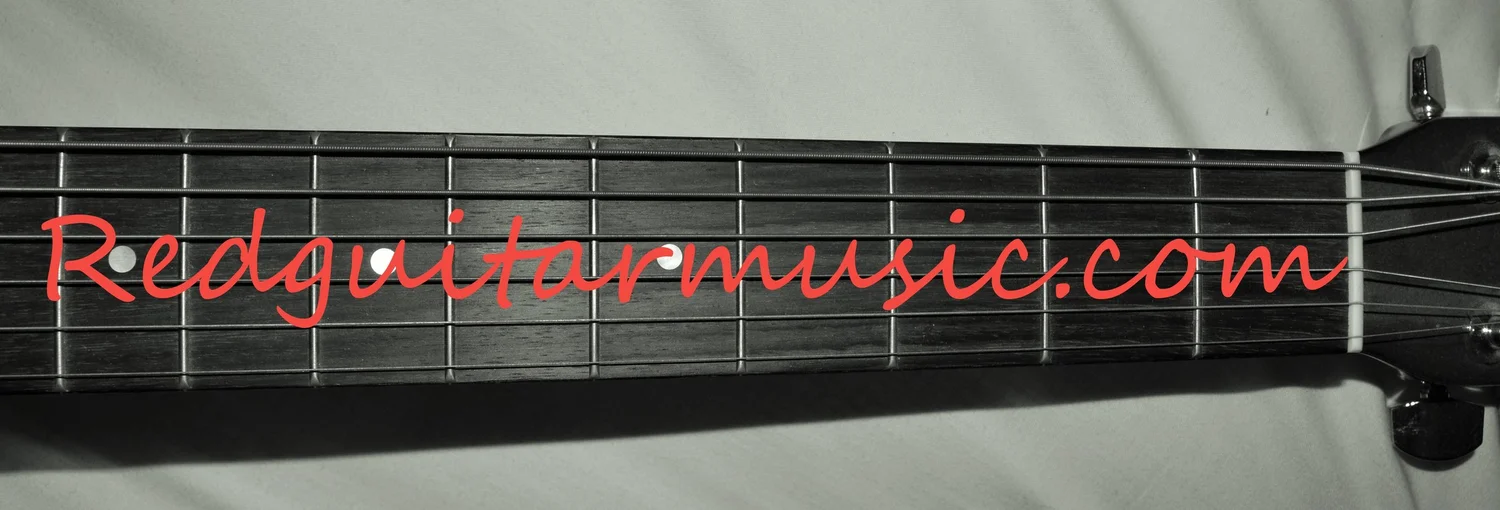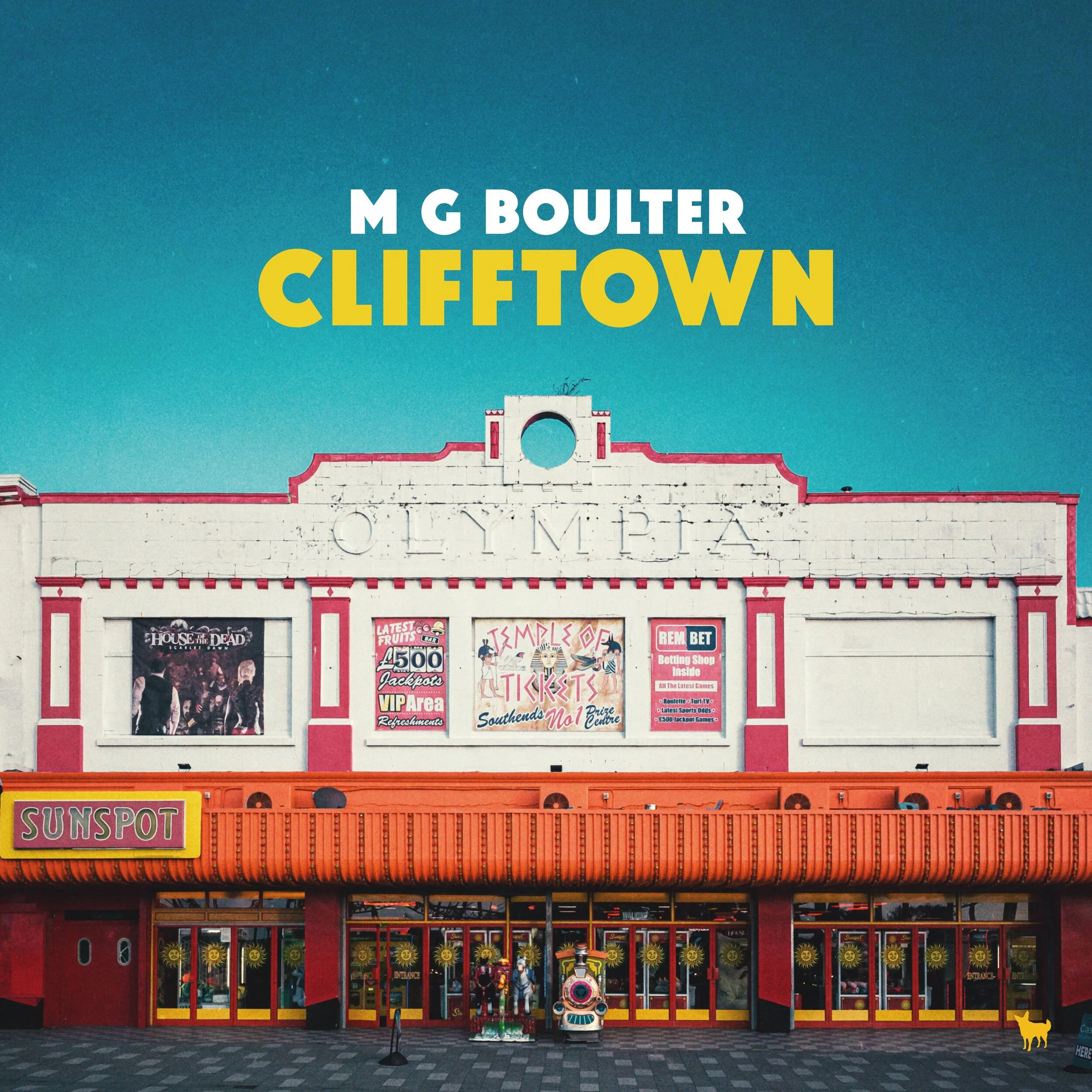Karine Polwart's Scottish Songbook (Album Review)
You probably never noticed, but a lot of the pop music you grew up on was born in Scotland. You can’t have been raised in the 80s without escaping Simple Minds; in the 90s without strumming along to Del Amitri, or in the noughties without tapping your toes to KT Tunstall. And now, multi-award-winning folk singer-songwriter Karine Polwart has drawn on these decades, among others, to bring you her latest release: Scottish Songbook. This celebration of the history of Scot-pop began when Karine gathered two dozen songs together for a live show she took to the 2018 Edinburgh Festival. A year on, eleven of those songs coalesce on an album that is reverent, revealing and - above all - rewarding.
It’s a credit to Polwart that she has shied away from too many obvious choices - Texas, The Proclaimers and Eddi Reader (along with everyone I mentioned in the opening paragraph) are all absent here, though their hits would make rich pickings for a cash-in cover artist. Thankfully, this musician’s ambitions are far nobler than to be featured on the next John Lewis commercial. Each track has been selected for its resonance with Polwart and, more importantly, for its relevance - as she sees it - to the here and now.
The biggest hitters, Deacon Blue’s ‘Dignity’ and The Waterboys’ ‘Whole Of The Moon’, are songs so dear to so many that re-working them is a precarious business. Polwart has walked this wire with particular skill, taking a fresh and innovative approach with both arrangements while carefully retaining the essence of each song. The opening tuned percussion of ‘Whole Of The Moon’ is a translation of a violin riff from the original; its cascading effect forming a new hook on which to hang the song. Similarly, ‘Dignity’s vocal intro playfully borrows from another of Deacon Blue’s significant hits ‘Real Gone Kid’ to create an unfamiliar backdrop for the tear-making tale of the humble man who wishes to one day sail away.
And so, transformation after transformation ensues. The plaintive charge of Big Country’s ‘Chance’ is rendered solemn and still; John Martyn’s trademark spaciness is turned into something altogether more intense with the sultry, slow-burning of ‘Don’t Want To Know’ while, coming closer to the present, the fantastic 2013 Chvrches hit ‘The Mother We Share’ is deftly de-synthed for a wider, more organic audience.
Some of the tracks here have been torn - but in a sense rescued - from their own place in time by Polwart’s re-dressings. The best example is the slow sadness she’s injected into the hitherto pop thinness of Strawberry Switchblade’s ‘Since Yesterday’. Likewise, The Blue Nile’s ‘From Rags To Riches’ is carefully freed from its 1984 experimental clankings, revealing a naturally yearning song that feels equally at home, cradled in Polwart’s simple tuned percussion, acoustic guitar, piano and accordion, while the gathering drums nod to the sampled sounds of the original. In their first incarnations both of these pieces sound dated in a way that is hard to get past but these new versions lay the songs’ spirits wide open. In this sense, it is Polwart’s ability to hear beyond the constraints of period style to find the heart of the song beneath that makes this record feel like an exciting voyage of discovery.
Elsewhere, the simple piano/vocal of Gerry Rafferty’s ‘Whatever’s Written In Your Heart’ serves as a kind of manifesto for the entire project: “whatever’s written in your heart, that’s all that matters” goes the lyric, inviting the listener to take from these songs what they will. Most arresting and powerful of all, though, is Polwart’s take on Ivor Cutler’s ‘Women of The World’ - a rallying cry for environmental and societal change if ever there was one - which closes the record.
For deeper insights than this review can offer, I’d strongly recommend Karine Polwart’s enlightening blog, https://medium.com/@blog.kpolwart where she appends fresh meaning to these chunks of musical history, showing how they can relate to our present. This companion piece to the record only enhances the listening experience further and makes the project a significant achievement - part archive, part timely social comment and wholly enjoyable. Alongside her established reputation as a singer-songwriter and writer, Scottish Songbook now puts Karine Polwart on the map as a valuable musical interpreter and curator too and I wonder if this could be the first of many such volumes. I live in hope that it will be.
Review by Rich Barnard.
I’d you’d like to know more about the original inspiration for Scottish Songbook:
Karine Polwart will be playing a short run of shows later this year.















One of the positive aspects of running Red Guitar Music is that you encounter all manner of different musical genres that you wouldn’t necessarily find on your own. The RGM Inbox is positively overflowing with the good, the bad and, yes, the ugly (although something we find unlistenable is probably the best thing in the world to someone). One example that falls squarely in the good category of pleasant surprises is The Happy Couple, discovered on a recent visit to London’s Green Note, where the duo opened for Dimple Discs labelmate Kelsey Michael.